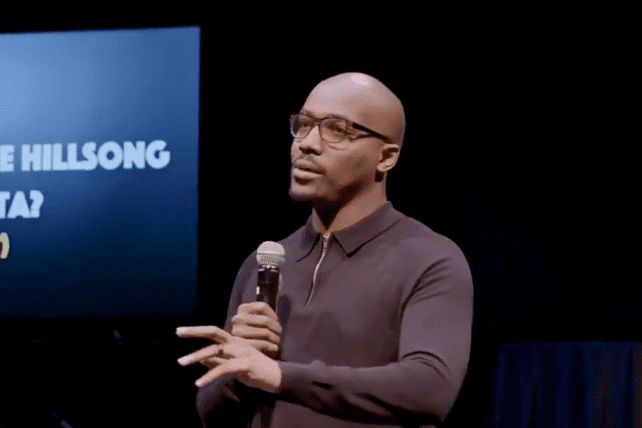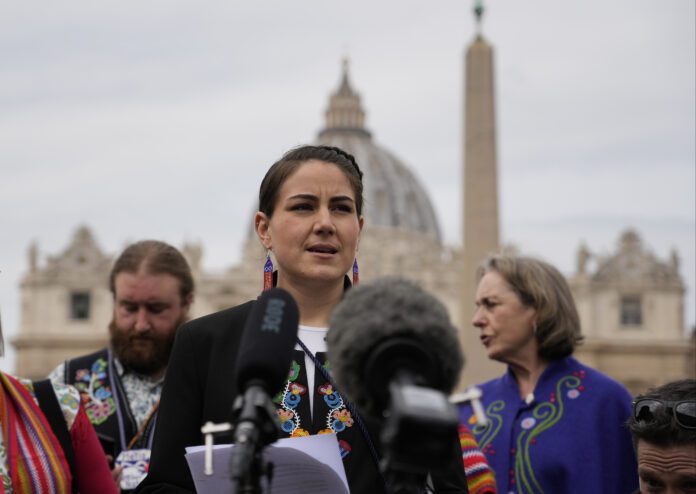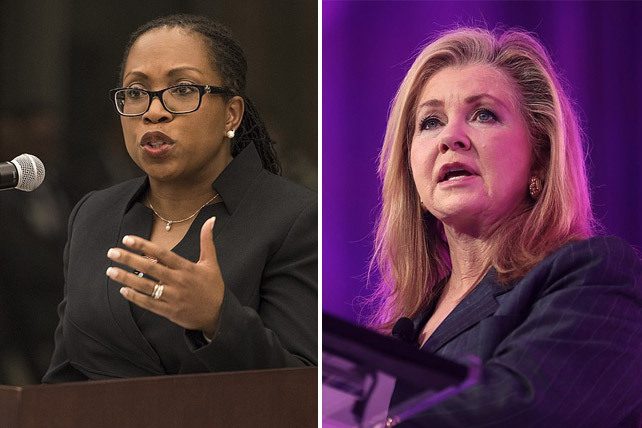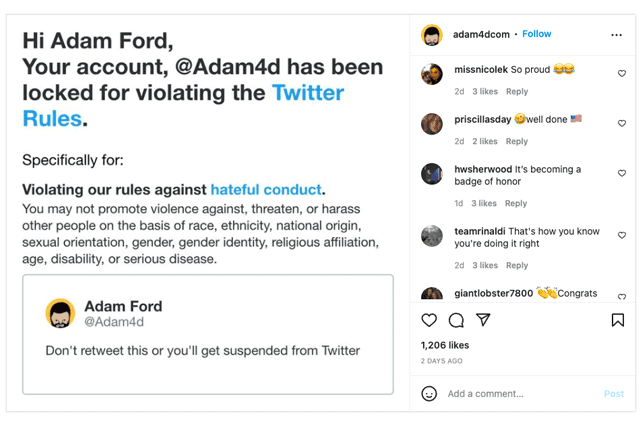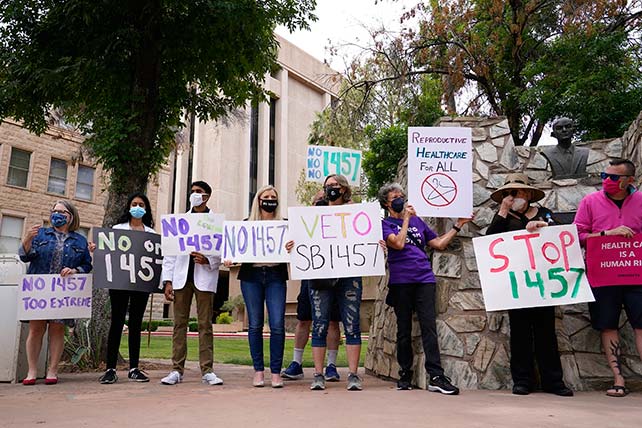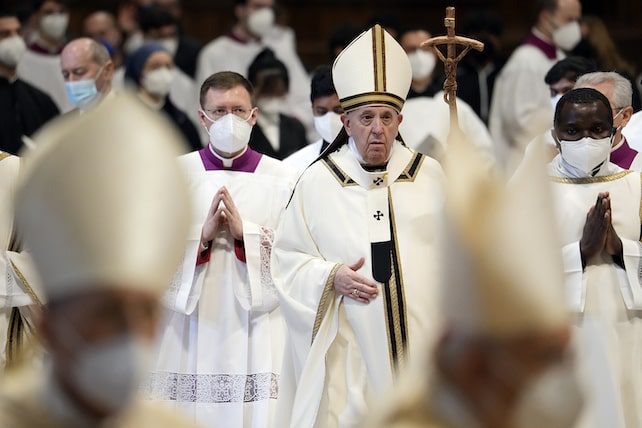Is reading a paper Bible better than reading the Bible on a device such as an iPhone? An offhand comment by a pastor last week has generated some discussion around this topic, with another pastor explaining why he believes the remark, though well-intentioned, was “unwise.”
“I just haven’t arrived in the present age,” said Harry Reeder, pastor of Briarwood Presbyterian Church in Birmingham, Ala., at the 2022 National Conference of Ligonier Ministries. “Reading my Bible on an iPhone is like kissing my wife through a screen door.”
RELATED: YouVersion Bible App Hits 500 Million Installs
Paper Bible vs. Bible App—Is One Better?
Reeder made his comment as he asked the audience to turn to Genesis 1 during a talk he gave called “Gender & Sexuality.” The audience laughed in response and a few people tweeted or retweeted the quip.
Others, however, disagreed with the remark and even had concerns about it. Steve Meister, pastor of Immanuel Baptist Church in Sacramento, Calif., took time to explain why he believes Reeder’s comment was unhelpful. Before he got into his reasons, Meister noted, “I’ve said plenty of unwise things while preaching, so I mean no harsh judgment. And I used to ‘Amen’ remarks just like that.”
Meister even acknowledged that digital versions of the Bible have their problems, saying, “Digital media can form us to think of Scripture in a cavalier way, as just another ‘App.’” Meister added that paper Bibles have “less distractions and it’s proven our comprehension and recall of what we read in paper books is better.”
At the same time, said Meister, “I have blind friends for whom the technology to have the Bible read by a device is a real blessing. I have church members with very poor eyesight, so the ability to adjust font size or lighting is really a wonderful mercy.”
RELATED: After 38 Years of Work, the Whole Bible Is Now in a Sign Language for the First Time
Meister’s thread continues, “There are young moms whose husbands are police officers or firemen and they have to juggle multiple young kids in church. I’m so glad they’re aided in the difficulty of just getting to worship by the ability to carry Scripture without having to add something else to carry.”
The pastor also pointed out that the Bible being compiled into one book was a technological development in its own time “and quite a controversial one at that.” And reading a paper Bible does not mean that people cannot misuse it, say, by neglecting to read it in community with others.
“With factors like these,” said Meister, “I’d encourage my fellow preachers to avoid the kind of quip circulating. You may bruise sheep who are already burdened by life and grateful for the mercy of available technology. And you may even be adding commands that have no biblical warrant.”


